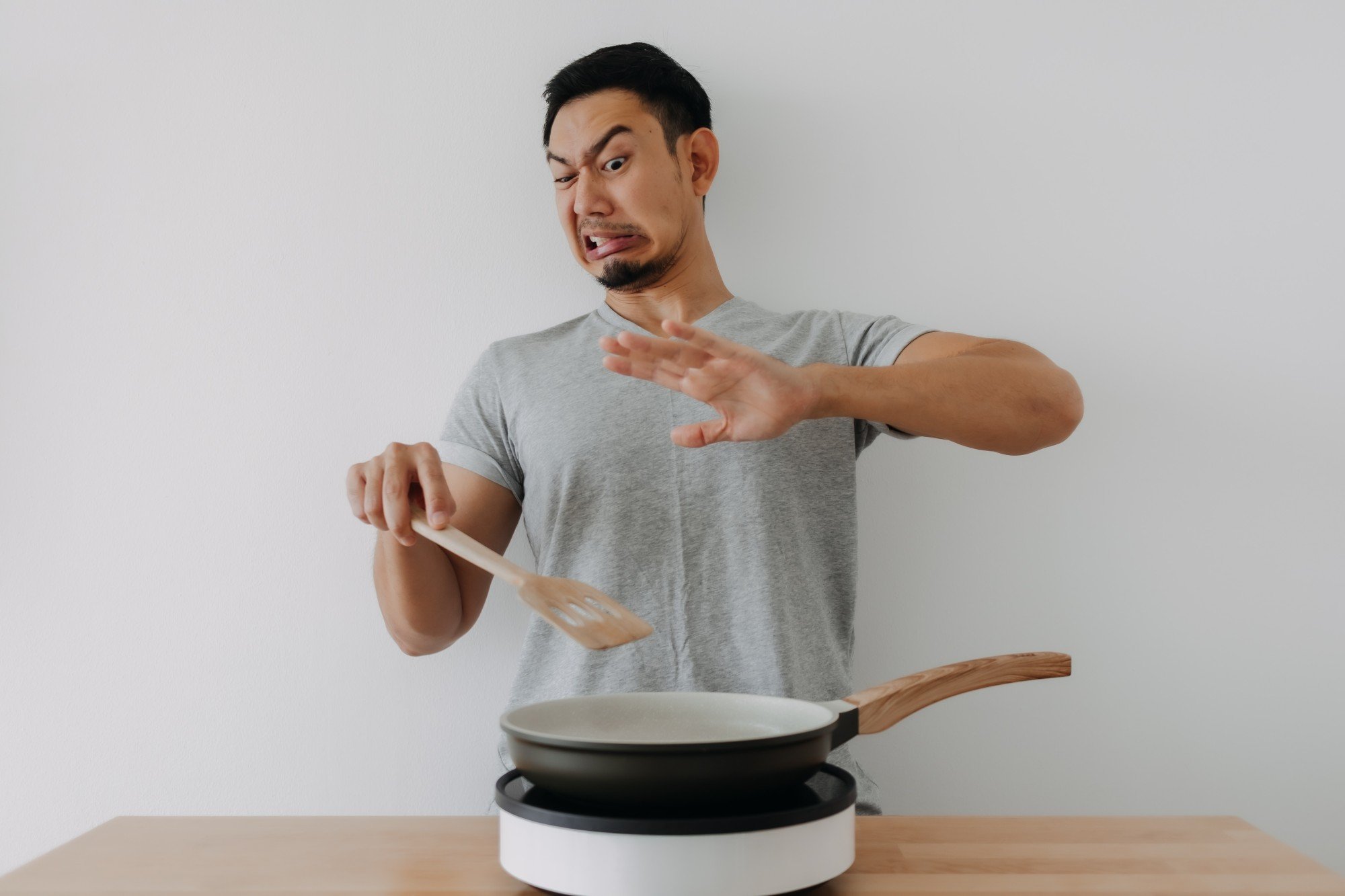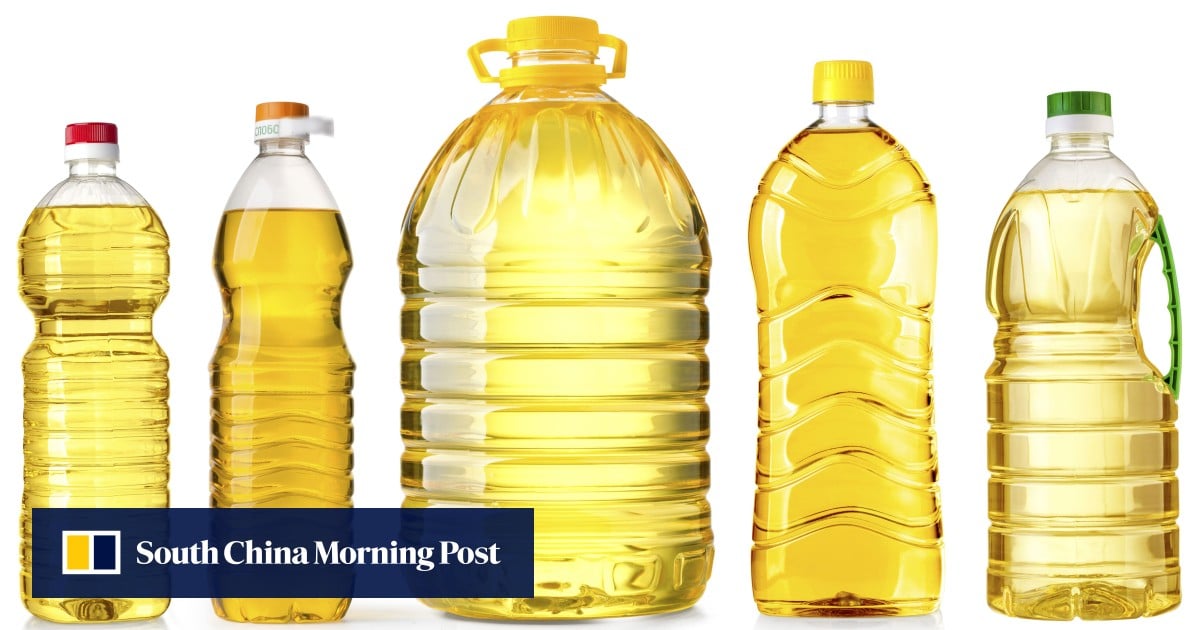Why does this happen? Let’s turn to chemistry for an explanation.
As outlined in a 2012 article in the Journal of Food and Drug Analysis, cooking oil goes bad because of a process called oxidation.
The reaction occurs when the unsaturated fatty acids in cooking oils encounter oxygen. Unsaturated fatty acids keep oils liquid at room temperature, explains a 2010 review in the Frontiers in Neuroscience journal.
Hong Kong’s Centre for Food Safety tells us that oxidised cooking oil can produce unpleasant flavours and odours. In addition to leaving a bad taste in your mouth, a 2018 Nigerian study warns that consuming rancid oil can create harmful substances in the body called free radicals, causing cellular damage.
With oxygen so abundant in the air around us, oil oxidation is “virtually inevitable”, say researchers in the 2013 Handbook of Olive Oil journal. They make a fair point.
From the second plants such as corn, peanuts, vegetable seeds, and palm kernels are pressed to produce cooking oil, the oxidation process begins, and there’s no stopping it.
Besides air, other elements such as heat, light, and certain metals can also catalyse the oxidative process in foods such as cooking oil, the Nigerian study notes.

High temperatures increase the kinetic energy of oil molecules, making them collide more frequently. This results in heightened opportunities for chemical reactions like oxidation, explains an American study from 2010.
Exposure to light also hastens the oxidation of oil in a process called photooxidation, adds a 2012 article in the journal Lipid Oxidation. Here, ultraviolet light irradiation produces free radicals which speed up the breakdown of oil compounds and make them oxidise faster.
That’s why oil is typically sold in darkened or opaque containers to mitigate the product’s exposure to light.
Cooks’ questions: how long does ground turkey last in the freezer?
Cooks’ questions: how long does ground turkey last in the freezer?
The same article mentions that metal packaging can activate oxygen, initiating unwanted oxidation in cooking oils. This explains why some oil manufacturers opt for glass bottles that act as a barrier against oxygen.
A large variety of cooking oils are available, made from different ingredients, and some turn rancid faster than others. Broadly speaking, the US Department of Health and Human Services recommends that you keep unopened olive and vegetable oils in the pantry – or any dark, dry place – for 6 to 12 months after the date of purchase.
Olive and other vegetable oils that have been opened can be stored in the pantry for three to five months, and up to four months if kept refrigerated.







